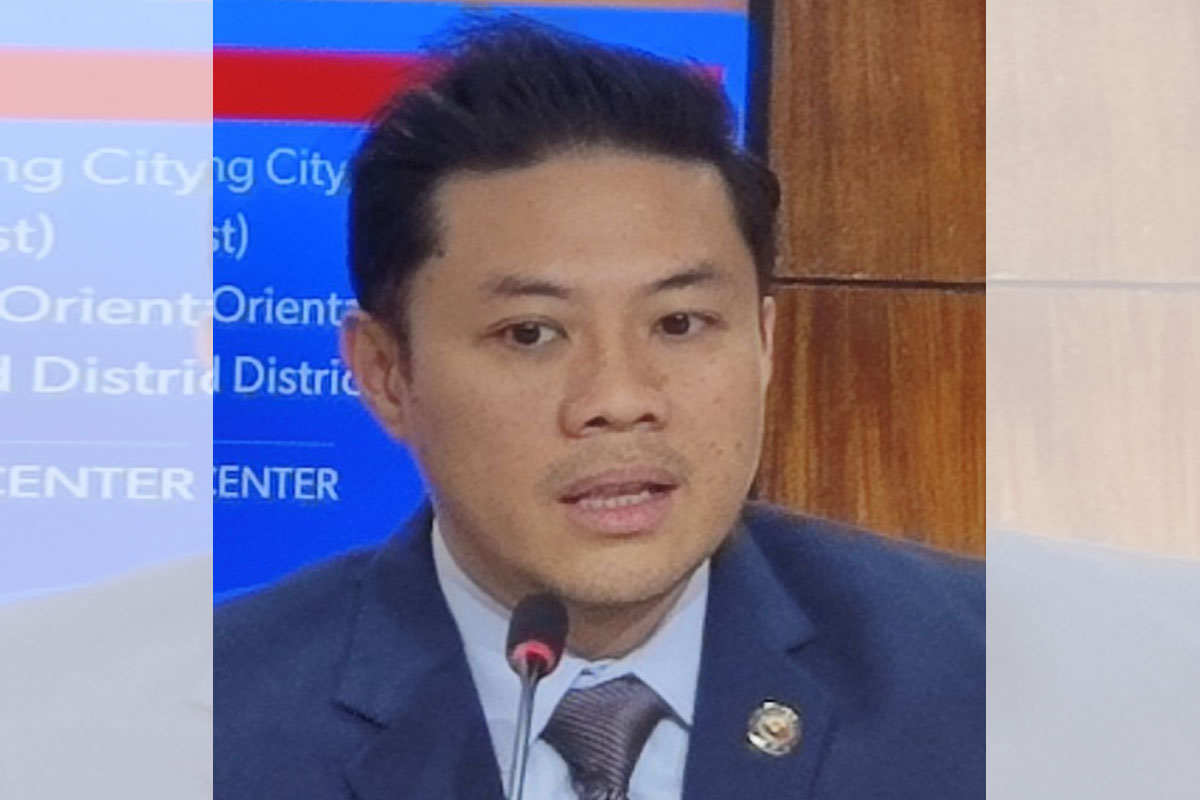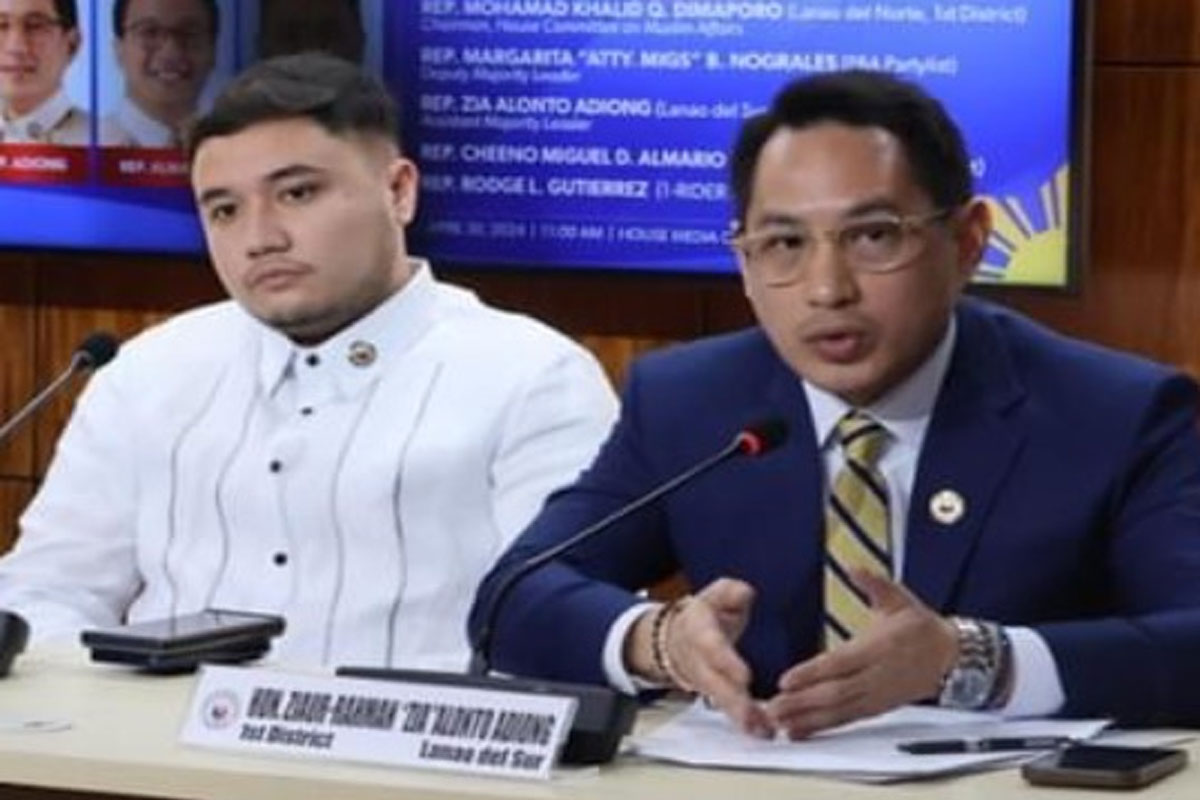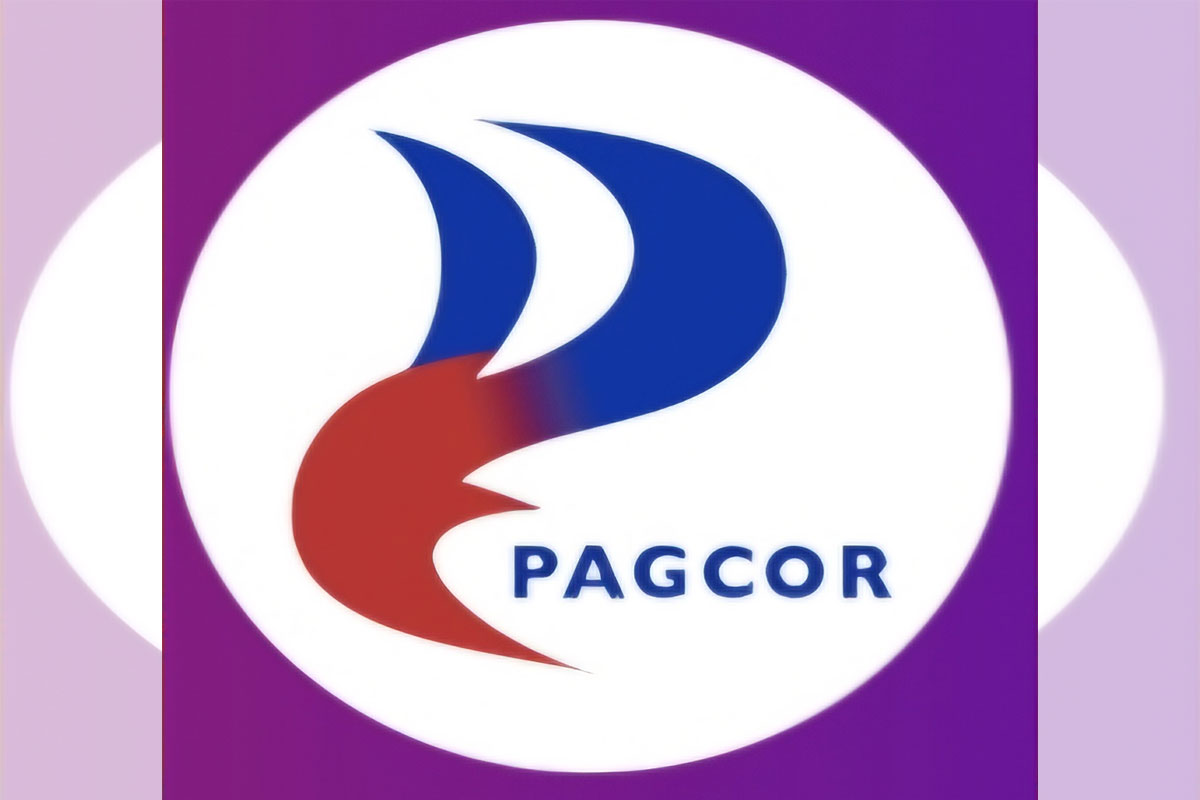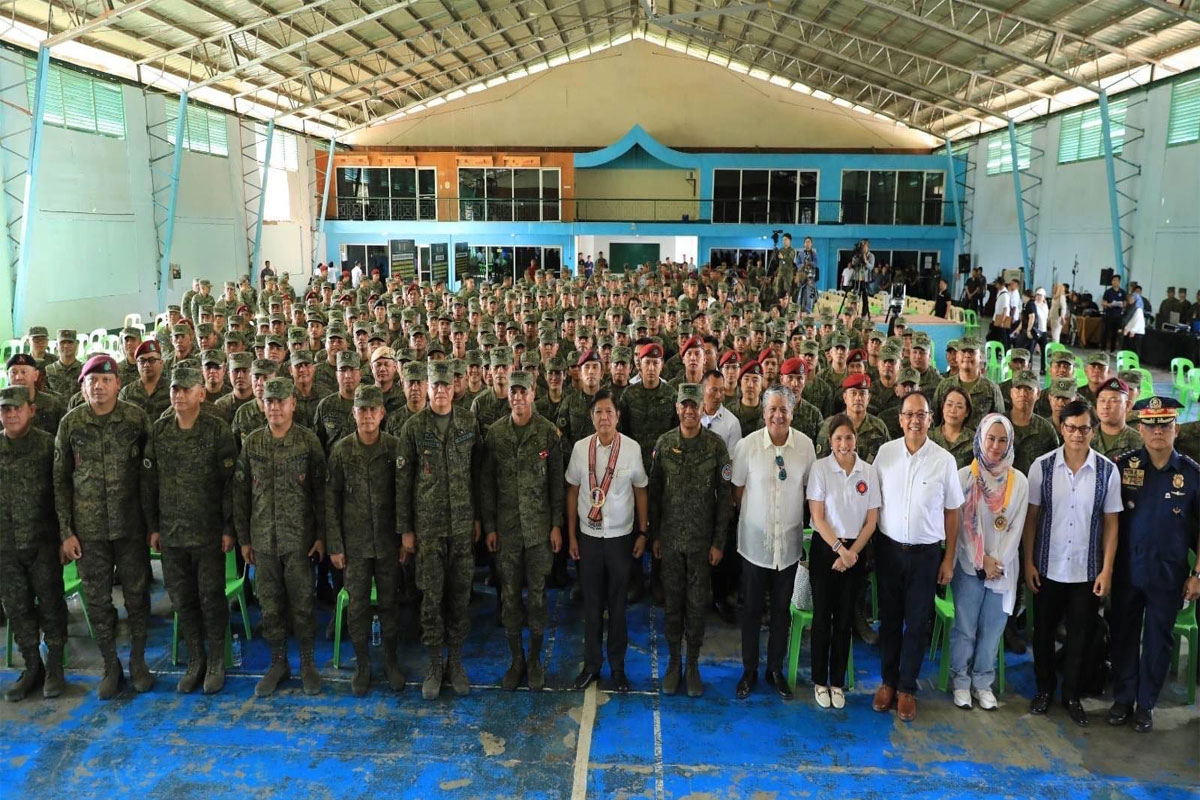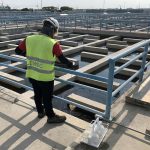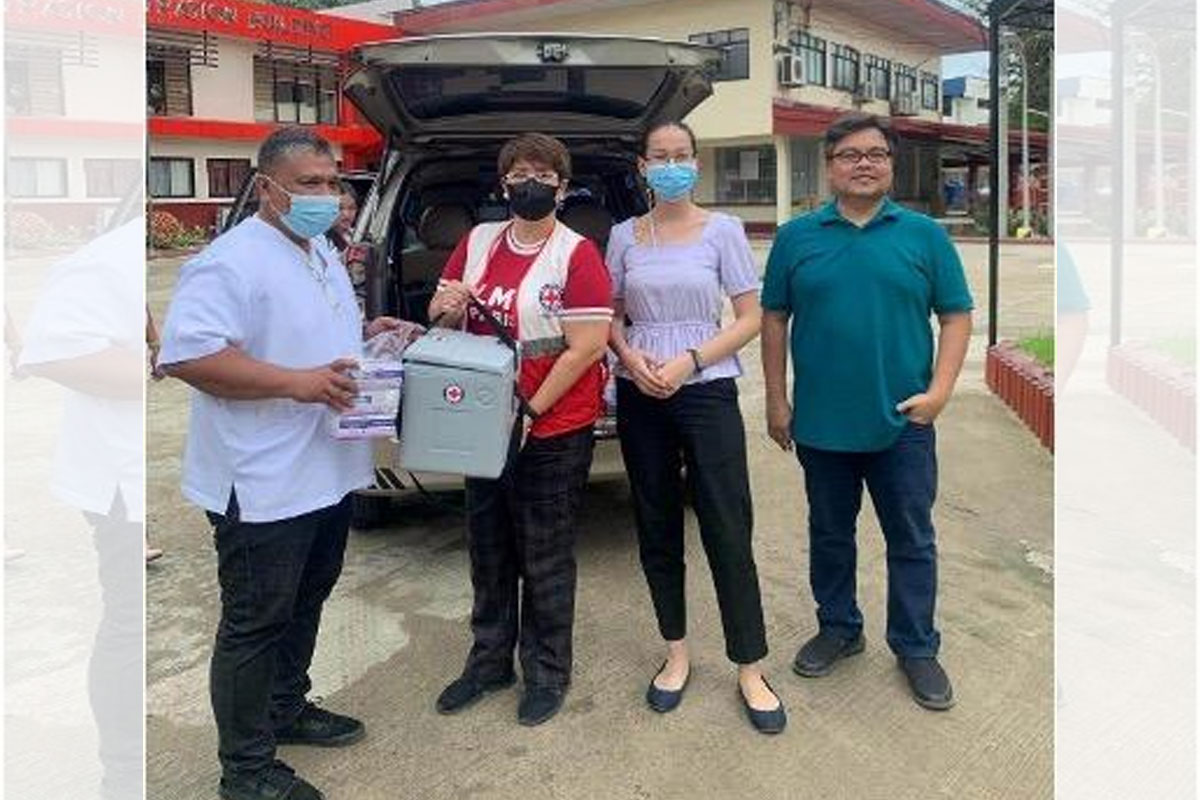
PH Red Cross distributes medicines vs leptospirosis to flooded communities in Zambo
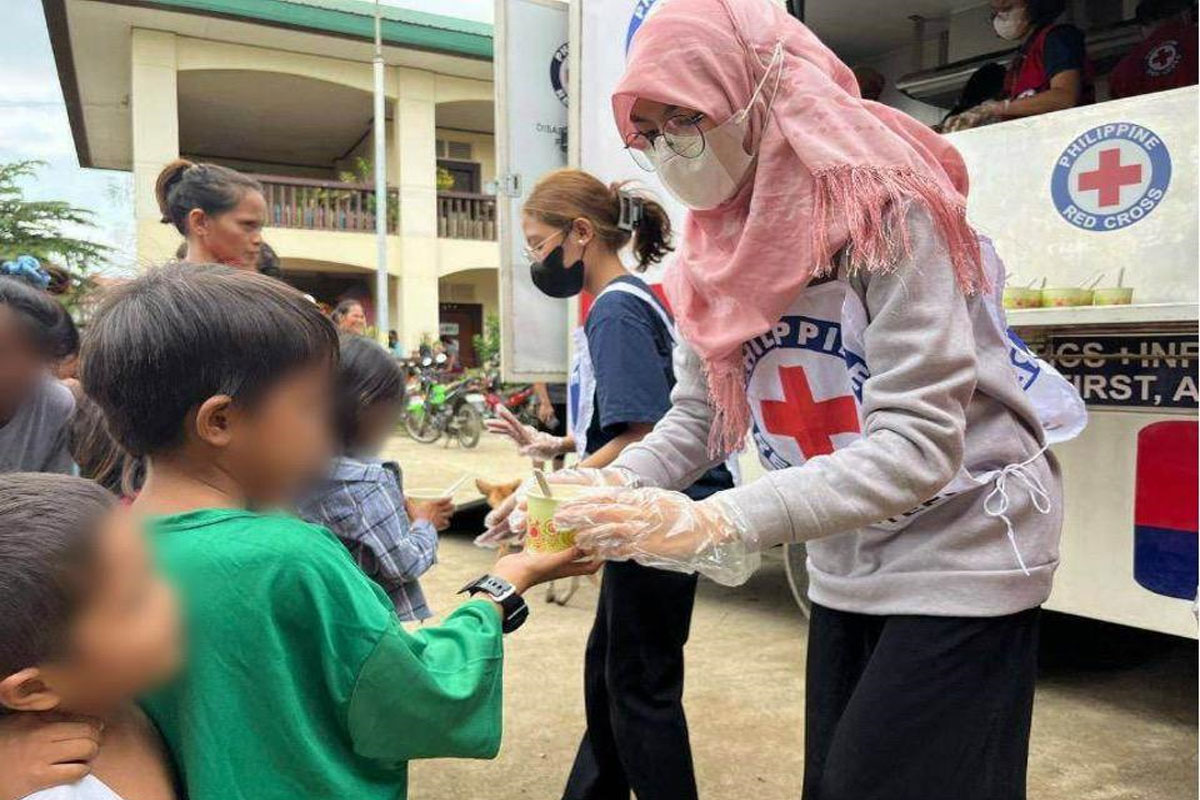
ACCORDING to the latest data from the Philippine Red Cross’s (PRC) Operations Center, 30 barangays in Zamboanga City were affected by floods due to shear line-driven heavy rains. On 11 January, the PRC Zamboanga City Chapter distributed Doxycycline, a prophylactic agent used for the treatment of Leptospirosis, to 500 affected individuals in Barangay Guiwan and Barangay Pasonanca, Zamboanga City.
PRC Health Services explained that floodwater increases the exposure of communities to Leptospirosis and other water-borne diseases. An individual with open wounds or skin lesions can become infected through direct contact with water, soil, and mud contaminated with infected animal urine. Without immediate and proper treatment, Leptospirosis can damage kidneys and cause liver failure. Children and pregnant women, however, cannot take the medication.
“Marami sa ating mga kababayan ang napipilitang sumulong sa baha. Nagpadala tayo ng doxycycline sa Barangay Guiwan and Barangay Pasonanca para tulungan ang ating mga kababayan na protektahan ang kanilang sarili laban sa banta ng Leptospirosis. Nakatakda tayong magpadala pa ng sapat na supply ng doxycycline sa mga apektadong lugar para matulungan ang mas marami pang biktima ng baha sa Zamboanga,” said Chairman and CEO Richard J. Gordon.
Furthermore, heavy rains also displaced 1, 516 families in Western Samar, Masbate, Northern Samar, and Misamis Occidental. In line with this, the PRC placed its relief assets, equipment, and volunteers on standby to provide humanitarian assistance intuitively and rapidly to affected areas within the next 24 hours.
As of 10 January, the PRC has provided the following humanitarian aid to communities affected by shear line-induced rains since the Christmas weekend: 219,650 liters of clean and safe water through its water tankers and bladders, psychological first aid to 2,714 adults and children, hygiene education to 1,574 people, hygiene kits to 446 families, jerry cans to 355 families, water search and rescue to 201 individuals, including children, sleeping kits to 360 families, non-standard food ration and bread to 138 families, first aid services to 134 persons, and health education and medicines to 87 people.







